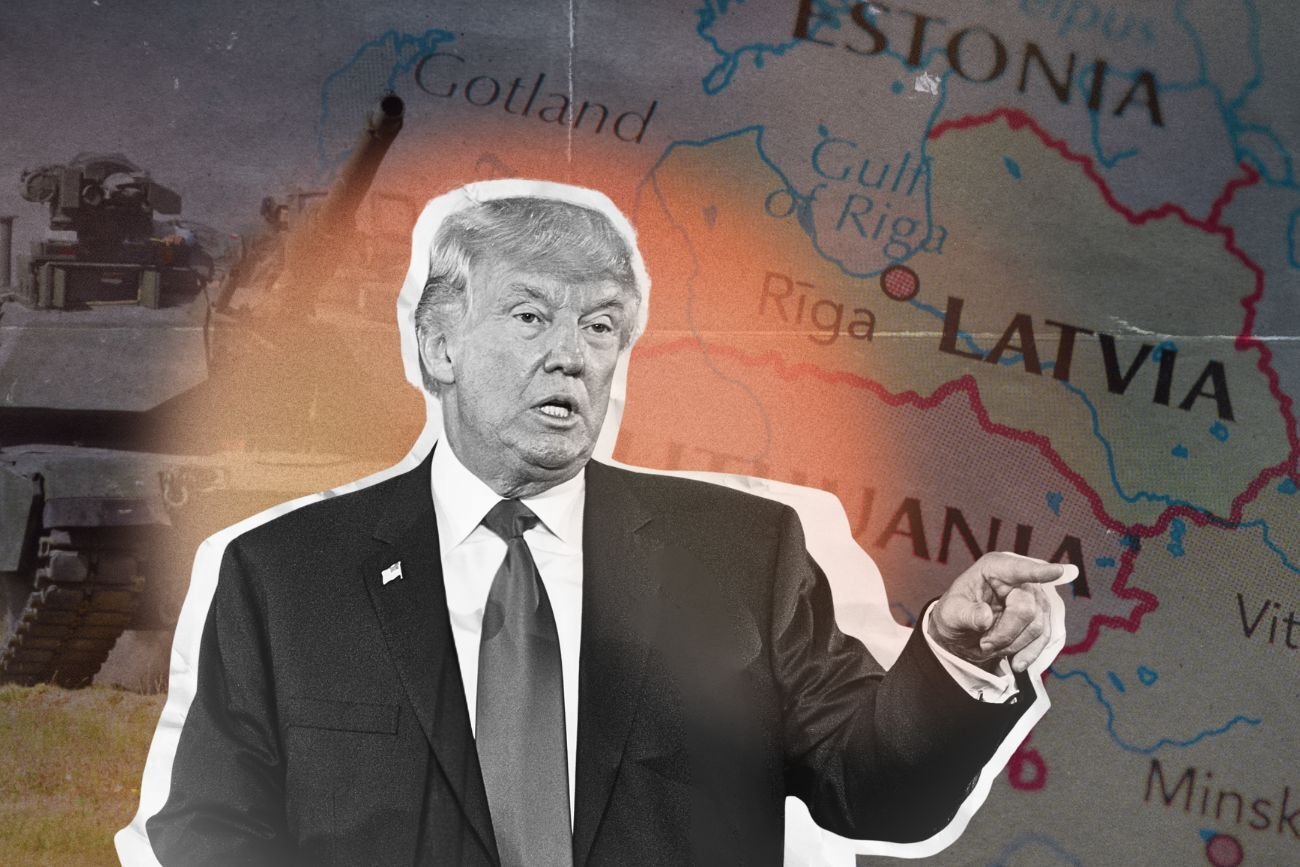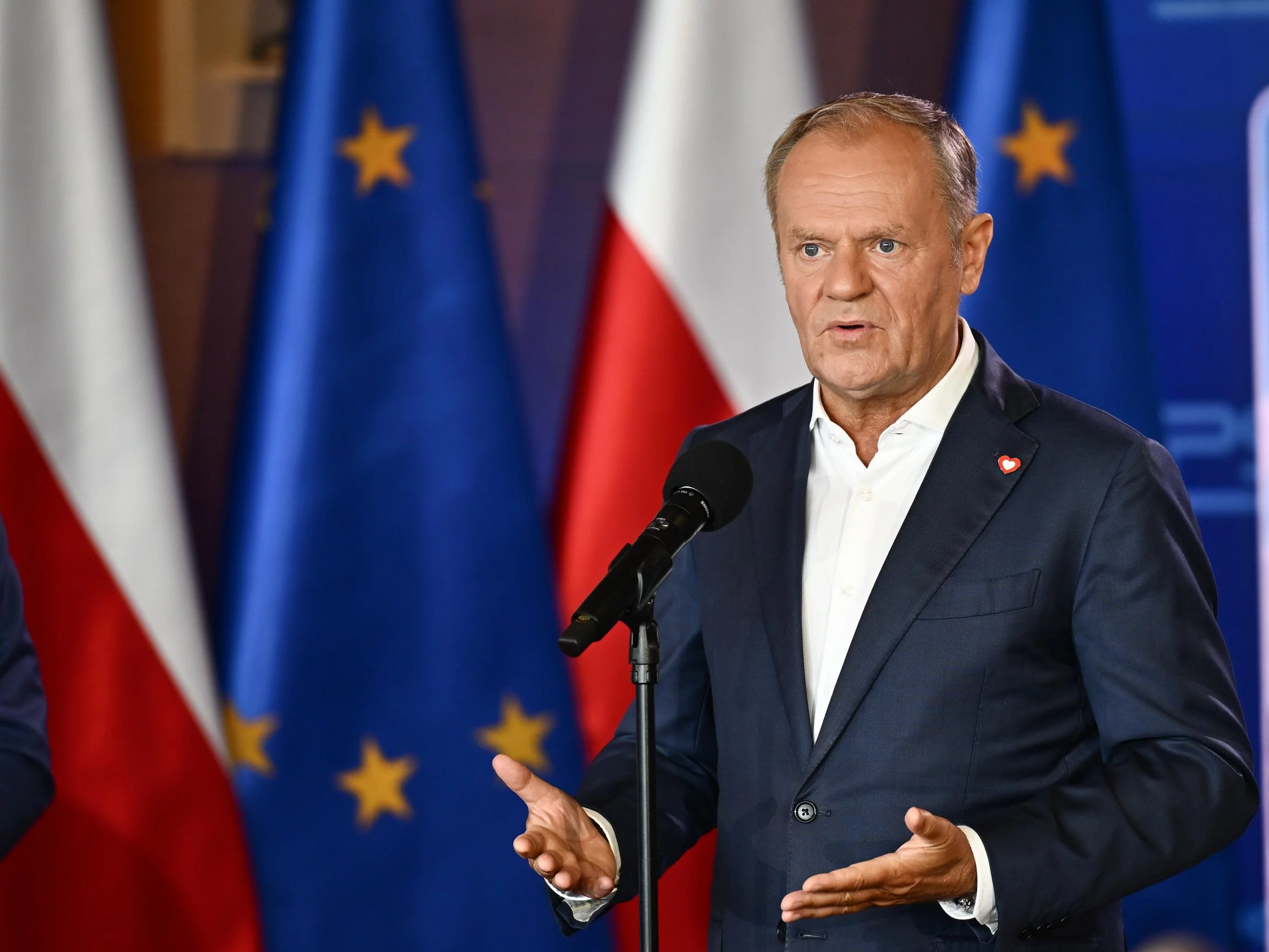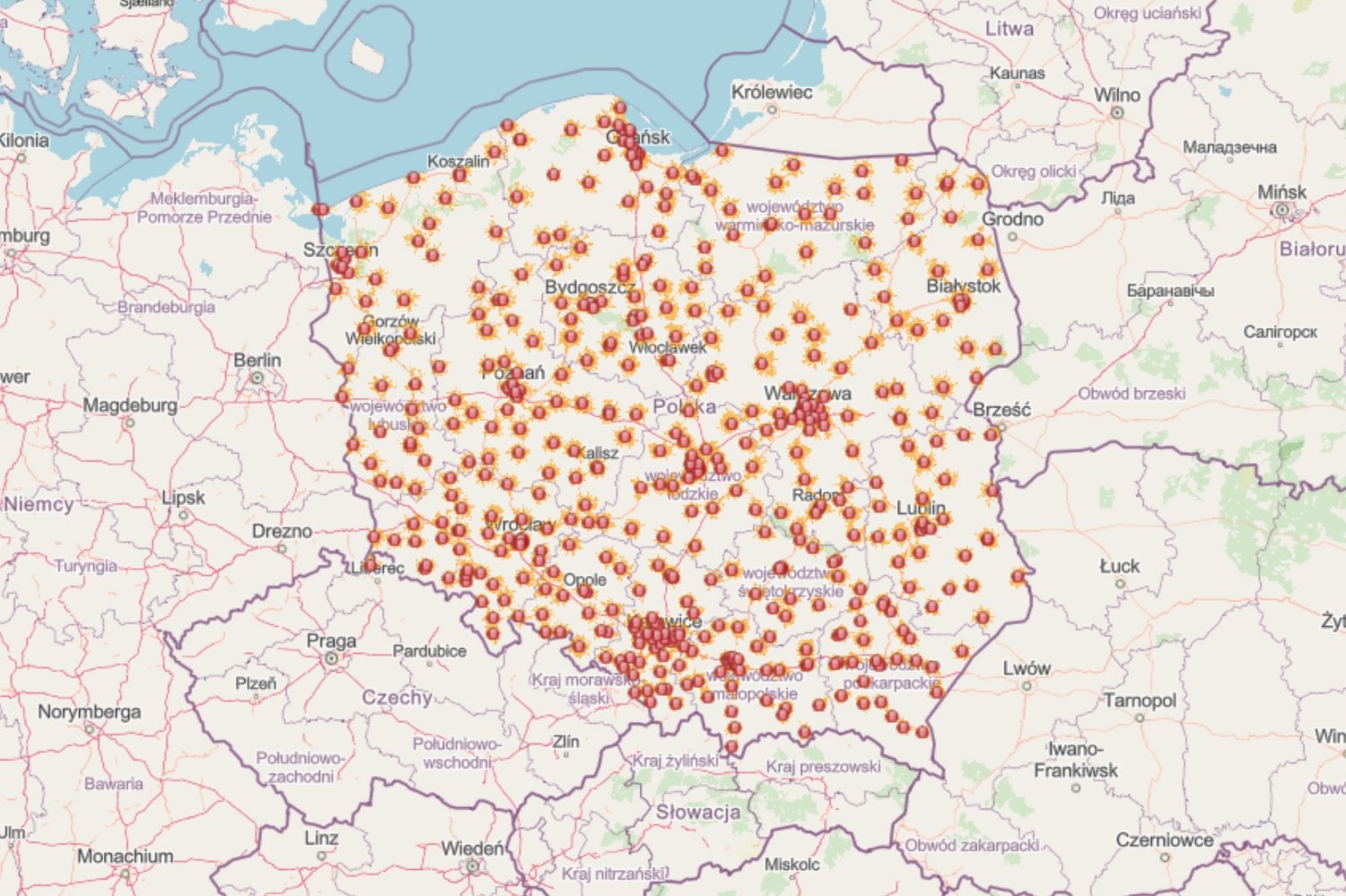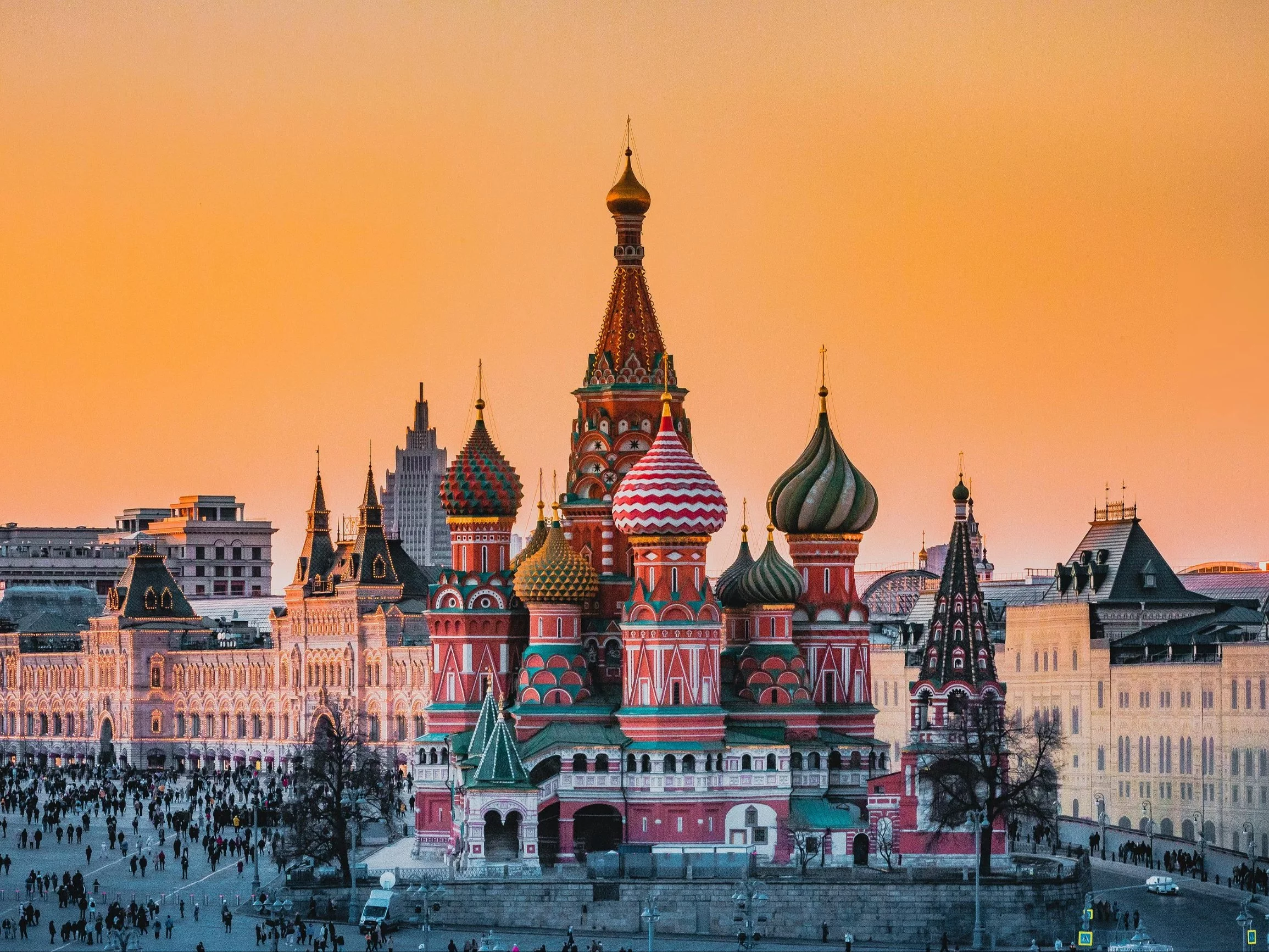Non-accidental events?
The Financial Times suggests that all of these "non-accident incidents" are sabotage actions organised by the Kremlin in a long-term conflict with the West. The paper cites interviews from 3 different countries that confirm the Kremlin's aggressive and coordinated actions.
More and more intelligence workers are afraid about the threat. Thomas Haldenwang, head of German interior Intelligence, assessed during a conference on safety held the erstwhile month, that the hazard of state-controlled sabotage had increased significantly. He believes that Russia has the capacity to carry out harmful operations in Europe.
What precisely are we talking about, though? The paper cites 5 fresh events that she believes are related. In Bavaria, 2 men with German-Russian citizenship were arrested for planning attacks on military and logistical facilities in Germany. In the UK, the prosecution accused 2 men of working with Russia and setting fire to the equipment warehouse for Ukraine. In Sweden, the service suspects that a series of train derailments were the consequence of sabotage. The Czech Republic abandoned Russia's attempts to destruct rail signalling systems. In Estonia, Kremlin agents were expected to attack the interior minister's car.
What is now crucial from Putin's point of view is most likely the cessation, sabotage or blockade of military aid for Ukraine. But too this interest in Poland in Russia is very small, contrary to the megalomaniacs of our paranoids.
— Томаш Чвартэк 🇵🇱🇵🇸🌹 (@AntifascismoPl) May 5, 2024
Other actions of the Kremlin
The Financial Times besides recalls the hacking efforts, Russian disinformation campaigns and attempts to recruit far-right European politicians before the upcoming European elections. An interviewer told the editor that Putin is now feeling “smiling” and plans to exert as much force on Europe as possible, whether through misinformation, sabotage or hacking.
The increased activity of Russian intelligence besides stems from attempts to regain positions after Russia's defeat following the invasion of Ukraine erstwhile more than 600 Russian diplomatic agents were expelled from Europe.
Analysts of the British Royal United Services Institute in a fresh study noted that Russia is trying to regain influence in Europe, utilizing “prompts” – members of the Russian diaspora and organized criminal groups associated with the Kremlin. A key strategical change has besides been introduced, in which the peculiar Influence Committees coordinate intelligence operations for the Kremlin in individual countries, combining the activities of the various Kremlin entities and conflicting safety services.
Full agreement with @RzeczkowskiG@NewsweekPoland that the EU must take RU seriously #disinformation#Sabotaz and building political influence by Putin. That's why I wonder. @vonderleyen which steps up being Russia's wiper and does not exclude alliance with @ecrgrouphttps://t.co/VTS3LmPeMV
— CHARZYNSKI MICHAL (@CHARZYNSKIKAROL) May 1, 2024
There are more ambiguities
In the face of Russia's increased activity, safety services are in a state of advanced readiness and are trying to identify unknown threats. The ambiguities concern, among others, an unexplained detonation at the BAE Systems ammunition mill in Wales, which supplies missiles of Ukraine. It should be recalled here that in 2014 the Czech weapons depot for Kiev was destroyed and later discovered that Russian agents had planted explosives there.
On Friday, a large fire occurred in Berlin's armory company Diehl, supplying arms to Ukraine. Fire extinguishing required more than 160 firefighters to intervene, and residents of the western part of the capital were ordered to close the windows due to toxic fumes.












